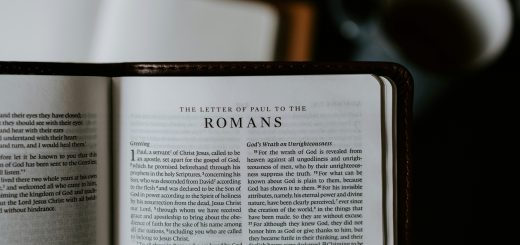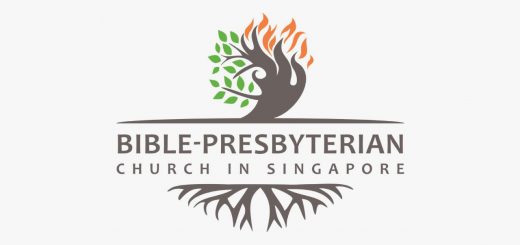The Eunuch Who is Not Dry
Written by Quek Tze-Ming
In our previous sermon on Acts, we heard how the Ethiopian eunuch came to faith through the preaching of Philip (Acts 8:26-40).
Eunuchs generally get a bad deal in the Old Testament:
Deut 23:1 “No one whose testicles are crushed or whose male organ is cut off shall enter the assembly of the LORD.”
The inability to generate life is inappropriate before the Source of all life.
Furthermore, in the OT, having children is held up as important. In God’s covenant with Abraham, God’s blessings comprise, and come through, physical children (Gen 12:2). We see this with Abraham, and Isaac, and Jacob, and continues with the rest of his line throughout the OT. Without physical children, this family line stops, the family name is cut off, and God’s blessings through the family to the rest of the world are threatened.
But when you reach the prophets, something interesting happens. We have the picture of a woman who cannot give birth, but instead of lamenting, she is called to sing:
Isa 54:1 “Sing, O barren one, who did not bear; break forth into singing and cry aloud, you who have not been in labor! For the children of the desolate one will be more than the children of her who is married,” says the LORD.
And a couple of chapters later, God tells the eunuch, “don’t say ‘I am a dry tree.’” Instead,
Isa 56:4 For thus says the LORD: “To the eunuchs who keep my Sabbaths, who choose the things that please me and hold fast my covenant, 5 I will give in my house and within my walls a monument and a name better than sons and daughters; I will give them an everlasting name that shall not be cut off.”
Isaiah is speaking of the last days, when the faithful barren woman, and the faithful eunuch, are called to rejoice. Although they cannot have physical children now, they will have spiritual children and families, and their names will continue.
This promise really takes off in the New Testament:
Gal 3:14 … in Christ Jesus the blessing of Abraham might come to the Gentiles, so that we might receive the promised Spirit through faith.
When we put our faith in Jesus, we become Abraham’s spiritual children, and inherit Abraham’s blessings and vocation. The blessings of God are no longer inherited by marriage and physical children, but by faith in Jesus Christ. The entrance to the people of God is not by physical birth, but spiritual birth.
Isn’t it interesting that these Isaiah passages follow soon after the description of the Suffering Servant that the Ethiopian eunuch is reading (Acts 8:32-33, quoting Isa 53:7-8)? It’s almost as if the eunuch was thinking, “Who is this whose life is taken away, so that those who cannot generate life may one day rejoice in receiving full blessings of life?”
Well, this eunuch, once a “dry tree”, is no longer so, as he gets wet in the waters of baptism.
If you are a single person in church (whether for the moment, or permanently), or you do not have any physical children, but you are faithfully serving the Lord, you are a sign that the entrance to the people of God is not by physical birth, but spiritual birth. You can enjoy your spiritual family and nurture spiritual children. In Christ, your name will continue. In the church, you don’t have to be barren or dry










